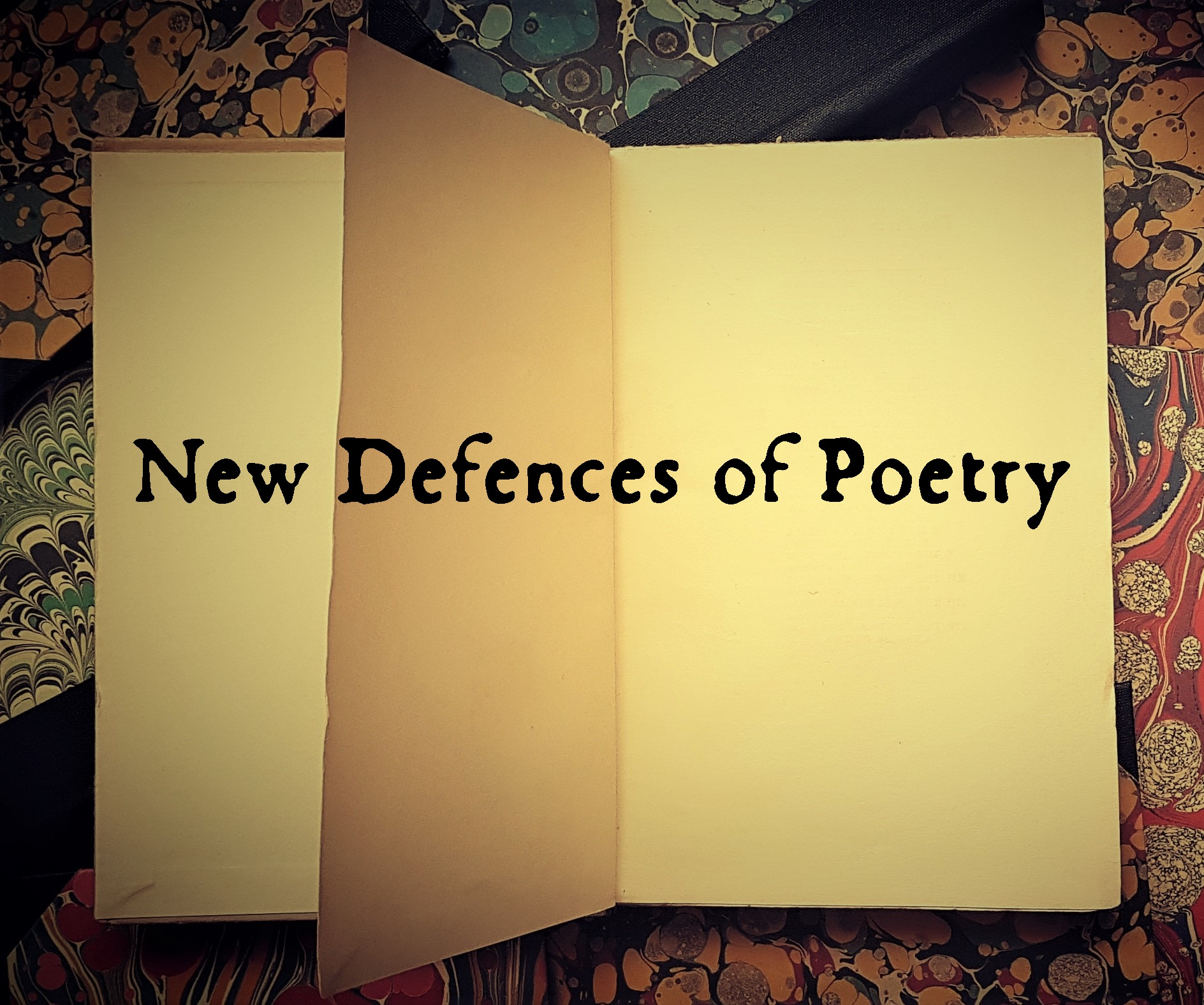Stephen Wade
Think of a poem as a cat, and the real nature of poetry becomes clear. Diana dies. We have to reach for something and prayers have lost their bite. We bring out the cat and we stroke it. We want the purring comfort, and we want to tell the world that we truly feel something. It is so easy, stroking that animal. We can pass on that comforting rumble from inside the beast and say we have a poem.
But I have been involved in poetry for over four decades now, and I can say with certainty that a true poem has claws. When I was a beginner poet, I liked the fur and the claws; I wanted soft and romantic at times, and then sometimes I wanted the words to bite.
Today, when the world has seemed to be a fallen world for so many things, I want true poetry. I want the words to have claws, and when I take out the poetry animal, I like to see its teeth. Why has this to be so? Because too many good citizens today accept the verses on greetings cards and call it poetry. We have too much uncritical mindset, as the study of poetry has mutated from words generated by a society fully informed on the difficulty of writing poetry to a media public who accept feeling per se, and maybe do not want to know the struggle of the artist behind the words.
I worked as a writer in residence in a number of prisons, and to my surprise, a poet behind bars is very highly valued. Here is the guy who can write a love poem to the partner or wife; here is a wordsmith who can turn a rhyme, the inmates think. They want slick, they want immediate and they want platitudes.
I worked hard to help them see the tough challenge that a true poem presents. The aim was to write a poem for Jane, not for any woman. When they saw that the poem was for “my” Jane or “my” Josh, then we were in business. They stopped fussing the fur of the cat and looked for the claws.
Shelley wanted the claws. Not for him the poems that only soothe and comfort. A poem should have the effect of allowing the reader to work hard with the poet to share the feeling, follow the progression of thought and emotion, to a satisfying closure. Anything that merely palliates, reassures, describes, repeats through cliché, is stroking that nice fur again.
Yes, if Shelley thought that our poems could legislate in the world, then he wanted stealth, insidious and profound words, not rhetoric. He wanted the beast let loose, or nothing would shift and unsettle the monsters in uniform at Peterloo.
When most of us first read or listen to poetry, it doesn’t shove our little minds out of kilter; it tells you what is nice in the world, what the great lover has loved or what the clever observer has observed. Traditionally, the poem has not had those claws. Let them dig in; let them leave a wound if they have to, so that we feel that the words have achieved something true, honest and memorable.
True poetry, as contrasted with the sham of second-class feeling, kicks reality in the guts; it makes the reader shiver with apprehension, but no matter how it delivers the rhythms and cadences of its form, it unsettles us in order that we look again at the world. It doesn’t matter what label we put on things: calling the lower order “verse” to distinguish it from the real thing is only a marginal detail. We should all know the true poem from its effect, not from some announcement that it is a “poem” and should be honoured. A true poems earns its keep every time it is read, by every generation.
The next time the reader of this essay faces a poem, or a poem impinges on his or her reality, let there be some words with claws, not a gentle, comforting purr.
Stephen Wade has been involved in poetry for many years, as teacher, reviewer, performer, editor and poet. He was formerly reviewer and contributor to Acumen, Agenda and many more poetry journals. His next collection, Stretch, is out from Smokestack this year.
